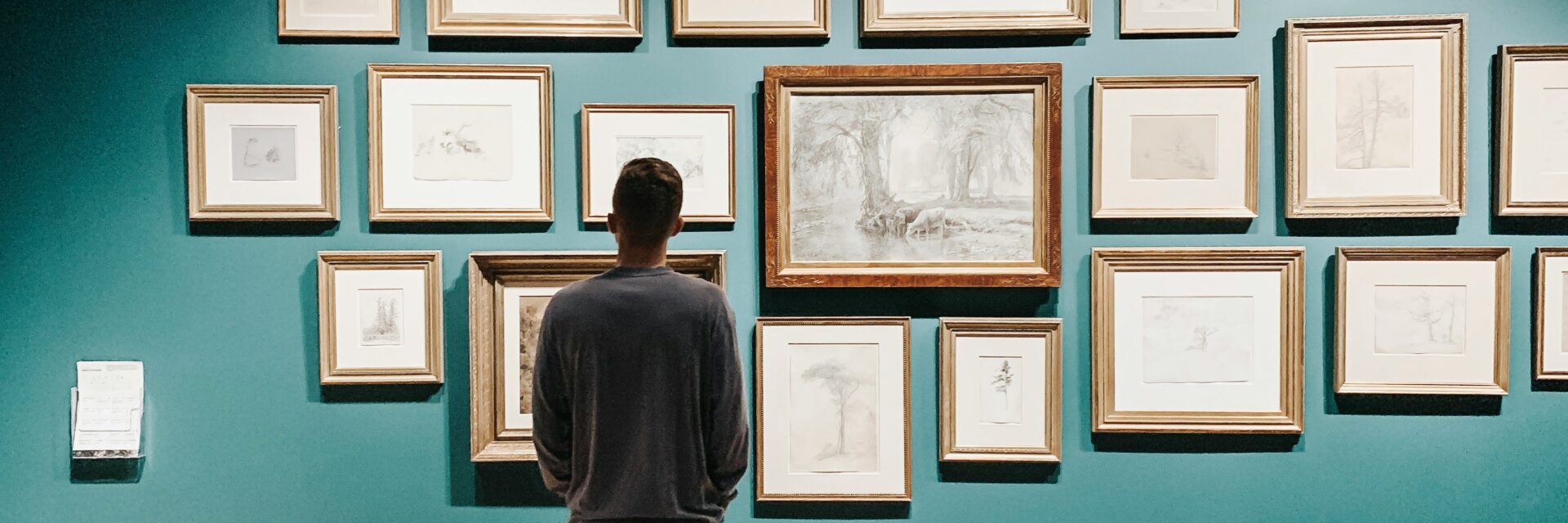- What We Do
- Understanding your audience
- Engaging new audiences
- Designing experiences
- Building loyalty

What does 'culture' mean to you?
We’ve been delighted to recently work with Bradford 2025. As the organisation presenting the next UK City of Culture, Bradford 2025 wanted to consult with its potential audiences to understand their expectations of the City of Culture and how people might want to engage with the year-long programme of events.
But Bradford 2025 also wanted to really understand the bigger picture of how people relate to the whole idea of culture. What does the term ‘culture’ mean to people? What kinds of experiences does it evoke? And what impact would this have on their perceptions of a year of ‘culture’ in Bradford?
We therefore set out to dig into what ‘culture’ brings to mind for people. We asked the question: ‘What does the term ‘culture’ mean to you? If someone invited you do something ‘cultural’, what would you think they had in mind?’
This question was asked of a representative sample (by age, gender, educational attainment and ethnicity) of the adult population within 1.5 hours drive time of Bradford.
‘Arts and cultural venues’
As we in the cultural sector might have expected, ‘going to a museum’ was a very common answer, along with going to the theatre or other cultural venues. But although this was the most common response, it was far from the majority – only around a quarter of the population cited a visit to a museum, theatre, or other cultural institution as their idea of culture.
‘An art gallery or museum if during the day, or theatre, opera or ballet if in the context of evening plans.’
For the other three quarters of the population, some interesting themes emerged.
Culture = ‘the past’
There was a strong sense that, for many, culture and history are inextricably linked. This could be the history of a location – that culture is going to a historic building or heritage site and immersing yourself in a historical environment.
‘[Culture] means finding out about the history of a place. Going on an adventure exploring the history of a place.’
It could also be the history of people – doing something cultural means looking back at how people have lived and how traditions have formed.
‘Traditions, the people’s norms before and way of life especially before modernization.’
The overlap of history and culture isn’t surprising. But what this highlighted, is that few people talked about culture as something current or contemporary – a way of exploring our world today.
Exploring other cultures
Another theme that might seem surprising was the view that something ‘cultural’ meant doing something different from your own lived experiences. Culture describes the ways of others – other people, places, religions, communities or countries. Culture was seen as stepping into someone else’s world and learning about or celebrating their culture, rather than seen as doing something that reflected their own culture.
‘Sharing the life of how someone lives, what they do, how they live in their birth country, immerse myself with their country and values.’
Making meaningful connections
All of this gave us insight into what potential audiences, particularly those less culturally engaged might expect from Bradford 2025 UK City of Culture.
Now of course this may not be universally applicable – we don’t tend to invite people to do ‘culture’. But perhaps it does give us insight into how easily people make connections to their lives, and what kinds of events and activities are relevant.
- Engaging new audiences
- Understanding your audience
